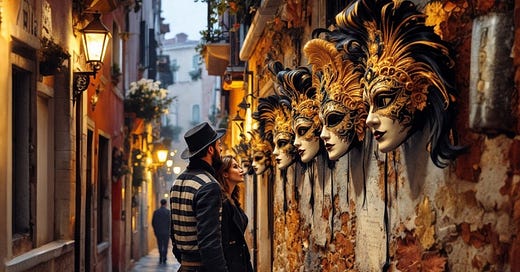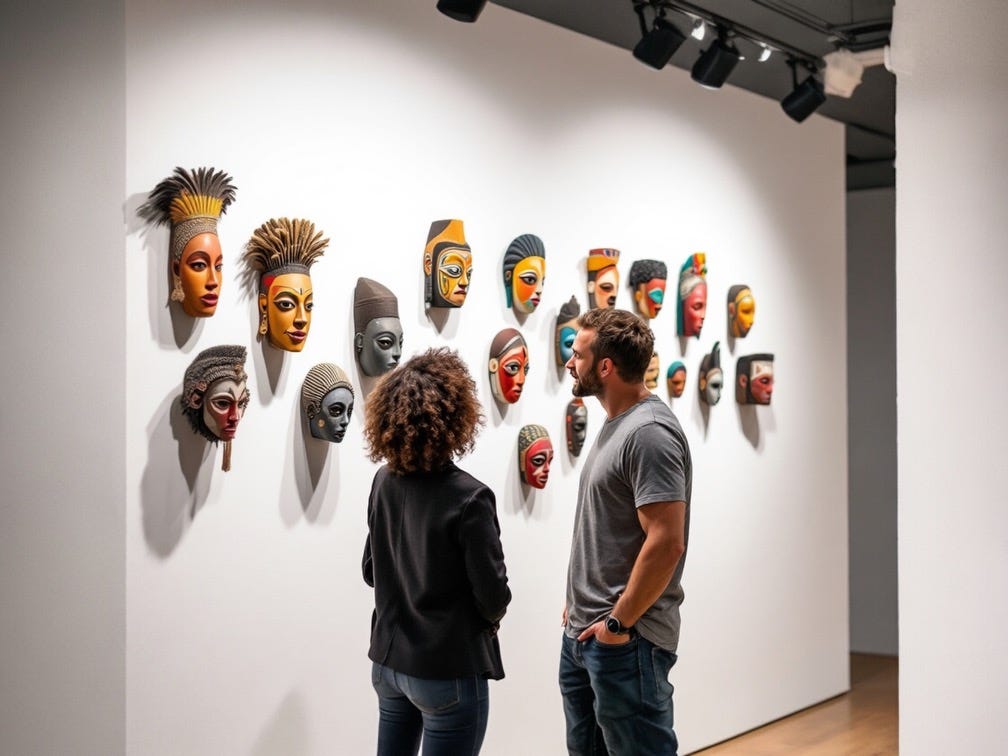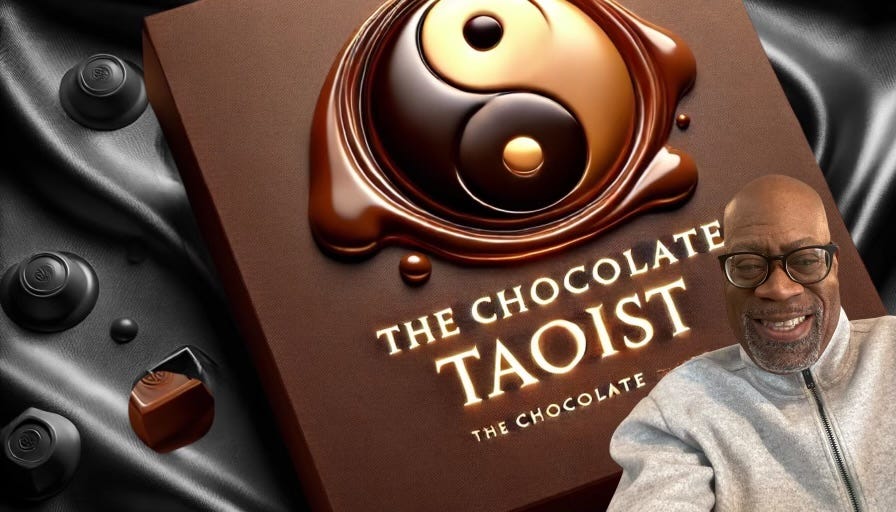Amid the cacophony of modern life, we often lose touch with our true selves. As I sit here in the New Year, surrounded by the trappings of 21st-century existence—smartphones, social media, and endless distractions—I can’t help but reflect on how far we’ve strayed from our original nature.
I believe that the ancient Taoist sages would likely look upon our current state with a mixture of amusement and concern, recognizing the elaborate dance we perform daily to maintain our carefully constructed egos as pure vanity.
The Tao Te Ching, that cryptic wellspring of Taoist wisdom, reminds us that “the Tao that can be told is not the eternal Tao.” Yet, here we are, constantly trying to define ourselves, to carve out identities that we can present to the world.
We curate our online personas, carefully selecting which aspects of ourselves to showcase and which to hide. But in this process, we lose sight of our true nature—the uncarved block, or “p’u,” that Lao Tzu speaks of.
All of this runs counter to our original nature, which is simple, unadorned, and in perfect harmony with the universe. It’s the state we’re born into before society begins to shape us, before we learn to conform, to compete, to strive for status and recognition.
But as we grow, we slowly build layers upon layers of artifice, constructing an ego that we believe will protect us, will make us successful, will make us loved.
The Ego’s Siren Song
The ego is a seductive force. It whispers promises of greatness, of uniqueness, of importance. It tells us that we must stand out, must achieve, must be special. And in our desire to be all these things, we turn away from our true nature.
We forget the wisdom of wu-wei, the principle of non-action or effortless action. Instead, we push, we struggle, we force our way through life, creating ripples of disharmony in the process.
The I Ching, or Book of Changes, offers profound insights into this dilemma. Hexagram 24, “Return,” speaks of the cyclical nature of existence and the importance of returning to one’s roots.
It suggests that after a period of moving away from our true selves, there comes a time when we must journey back. But how many of us heed this call? How many of us recognize when we’ve wandered too far from our center?
The Cost of Inauthenticity
Living in opposition to our original nature comes at a great cost. We experience anxiety, depression, and a pervasive sense of disconnection. We feel like imposters in our own lives, always afraid that someone will discover our “true” selves—not realizing that what we’re hiding is actually our authentic being, buried beneath layers of societal expectations and personal fears.
The irony is palpable. In our quest to become somebody, we lose touch with who we truly are. We chase after success, recognition, and material wealth, believing these external validators will finally make us feel complete.
But as the Tao Te Ching wisely states, “He who knows he has enough is rich.” Our original nature is already complete, already perfect in its simplicity.
The Path Back to Authenticity
So, how do we find our way back? The I Ching offers a clue in Hexagram 52, “Keeping Still.” It speaks of the power of meditation, of stilling the mind to allow our true nature to emerge. In the silence, when we cease the constant chatter of the ego, we can begin to hear the subtle voice of our authentic selves.
Taoism teaches us to observe nature, to learn from its effortless flow. A tree doesn’t strive to be a tree; it simply is. Water doesn’t struggle to flow downhill; it follows its nature. Yet we humans, with our complex brains and social structures, have created a world where being our true selves feels like the hardest thing imaginable.
The journey back to our original nature is not an easy one. It requires us to question everything we’ve been taught about who we should be. It demands that we have the courage to let go of the identities we’ve constructed and to sit with the uncertainty of not knowing who we are.
But in that uncertainty lies freedom. When we release the need to be somebody, we open ourselves to the possibility of being anybody—or rather, of simply being.
As we peel away the layers of ego, we may find that our true self is not some fixed entity but a fluid, ever-changing expression of the Tao itself.
The wisdom of Taoism and the I Ching reminds us that our original nature is always there, waiting patiently for us to return. It’s in the space between our thoughts, in the pause between our breaths. It’s in the moments when we forget ourselves and become one with what we’re doing.
Our task, should we choose to accept it, is to cultivate awareness of these moments, to nurture them, and to gradually allow our true selves to emerge from the shadows of our constructed identities.
In a world that constantly tells us to be more, perhaps the most radical act is to simply be—to rediscover and embrace our original nature, and to live from that place of authenticity and inner peace.
Join us in the New Year as a paid member supporter. Or feel free to tip me some dirty chai latte love here if you feel so inclined.
Your contributions are appreciated!
Every bit counts as I strive to deliver high quality feature articles into your inbox on a daily basis. Never any paywalls, just my raw thoughts which are open to everyone on what it means to be human.
Much ,
Diamond- Michael Scott — aka The Chocolate Taoist







Thanks for this article. The journey back to our original nature reminds me how the Master in the Tao Te Ching doesn't help us invent anything new. "He simply reminds people of who they have always been" (chapter 64). Sometimes I can use all the reminding I can get!
This was such a lovely read and reminder. Thank you. If you ever felt like running an I Ching course, I would love to learn it!